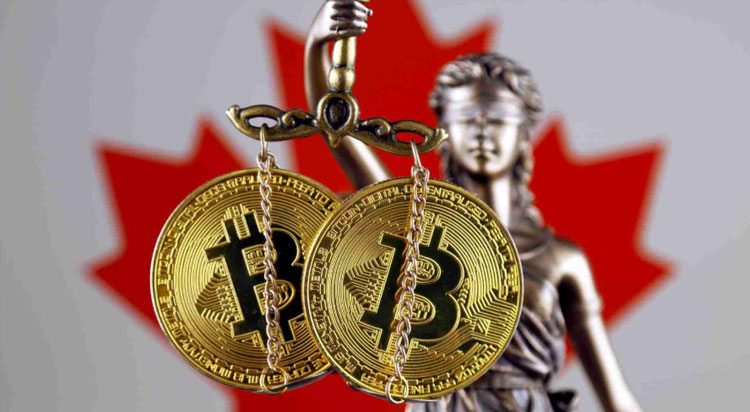If you live in Canada then you are going to enjoy some freedom when buying and selling Bitcoin. Unlike other countries that have regulated or threatened regulation of this cryptocurrency, in Canada, there are none of these hurdles. It is used for anything from online gambling in Canada to the sending of money overseas. Also, you will find that the majority, some 85% of the population, are aware of Bitcoin and its purpose.
However, when you are new to cryptocurrency in any country the initial barrier to buying and selling is knowing how to get started.
Getting started
You have four options when you are looking to buy and sell bitcoin in Canada. You can find a cryptocurrency exchange, use a peer-to-peer platform, exchange the codes in person or use a Bitcoin ATM.
Cryptocurrency Exchange
When we make mention of a cryptocurrency exchange, you might feel a shudder of apprehension. The now infamous QuadrigaCX scandal has done little to help the trustworthiness of Canadian cryptocurrency exchanges. However, there are many reputable sites you can use that should not have their reputation damaged because of one bad apple. Canadian based exchanges include BitBuy, Coinsmart, Bull Bitcoin, Canadian Bitcoins, Bit Access and more. You could also use global sites such as Xcoins, Coinbase, Kraken, Changelly or Coinmama.
When choosing your exchange you need to find out if they accept e-transfers and bank wires. You need to start with an exchange that allows you to buy coins using fiat (everyday currency such as the dollar, euro, or the pound). While a credit card transfer is the easiest option, you could end up paying a transfer fee of between 5 and 10%.
Peer-to-peer platform
This sort of platform brings people together who want to buy and sell coins but does not get involved in the process. You will search for a person or organisation to deal with and then negotiate the deal. It is not like the exchange where there is a buy button and that is that – here you find the person you directly want to deal with. You can get a bargain and make more money but it is a lengthier process. You just need to be excellent communicators to make this work.
You can try sites like LocalBitcoins and LocalCryptos. If you want something closer to an exchange but not quite, try BitSquare or Coinffeine.
Face-to-face
There are sites that tell you who is selling Bitcoin in your local area and will show you these people on a map. You can then go meet them there and exchange your bitcoin in person. As the coin is no more than a code, it can be stored on a piece of paper. I know this sounds really odd with something that is so seemingly hi-tech, but a paper wallet is still possible with a digital currency. If you are worried about the security and privacy of cryptocurrency, then this is the option for you. However, you have to be confident in your ability to manage any issues of trust.
Bitcoin ATM
The ATMs charge astonishingly high fees. However, you can buy Bitcoin and cash out your Bitcoin for fiat currency at these machines. The main problem is not the cost of this method of getting started but also availability. Unless you are in one of the major global cities in Canada, you will struggle to find a machine. There are less than 700 in the whole of the country. Be aware, this is still more than most other countries – only the US has more.
Once you have bought your coin
Your bitcoin is not beyond the reach of the Canada Revenue Agency. You will need to pay tax when paying for goods and services using the digital coin. Also, if you are using the cryptocurrency like you would other commodities like gold, then you will also have to declare any gains or losses on your tax return.
Why? Well, cryptocurrency is just another way of representing value. It is not legal tender but you are agreeing that a coin is valued at a set amount and you are willing to exchange this for something else. Therefore, you can make and lose real money while you are buying and selling crypto. Consequently, the tax agency is interested.
When you dispose of cryptocurrency you are selling, therefore making an income or capital gain. This needs to be reported – even a single transaction if you made this transaction in the knowledge that you would be making a profit. You might argue that the profit was by chance and you didn’t intend to make a business choice – and the tax agency will make this decision on a case by case basis.
Get started using an exchange or peer-to-peer site, buying the coin with your bank account or credit card. Use other exchanges to then buy different coins or to sell your crypto when there is an offer of a better price. Any money earned in this process could be considered income or capital gains and you should seek support from an accountant.
